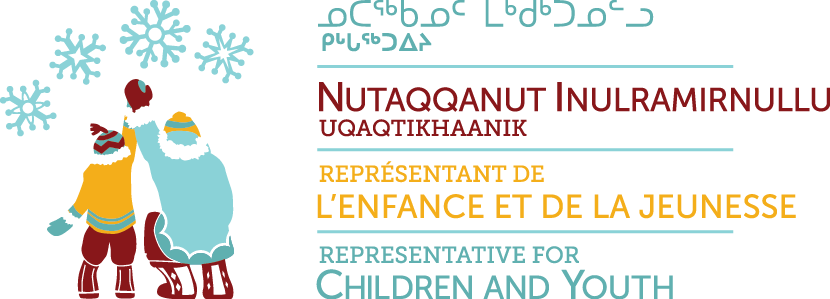The United Nations Convention on the Rights of the Child strongly supports the role parents and families play in children’s lives. In fact, the Convention recognizes the family as the natural environment for children to grow in.
Under the Convention, parents/legal guardians hold the main responsibility for raising their children. The Convention states they should do this in a way that meets their children’s best interests. If parents and extended families can’t do this, government – be it national or regional – must help them. If parents and families still can’t manage this, then government must step in to make sure children’s rights and needs are met.
Several articles in the Convention explain these duties and responsibilities.
- Article 5: Government must respect parents/caregivers’ responsibility to raise and guide their children.
- Article 7: Children have the right to know and be cared for by their parents, wherever possible.
- Article 8: Children have the right to their identity – including nationality, name, and family relations.
- Article 14: Parents have the right to guide their children’s religious development, in a way that’s consistent with their children’s age and maturity.
- Article 18: Both parents share the responsibility of raising their children and government should support them in this.
- Article 27: Parents are responsible for securing their child’s standard of living and governments (within their means) should help parents do this.
- Article 29: Education should help children develop respect for their parents.
This plain language version of the Convention is a great resource if you would like to know more. You are also welcome to contact our office.

